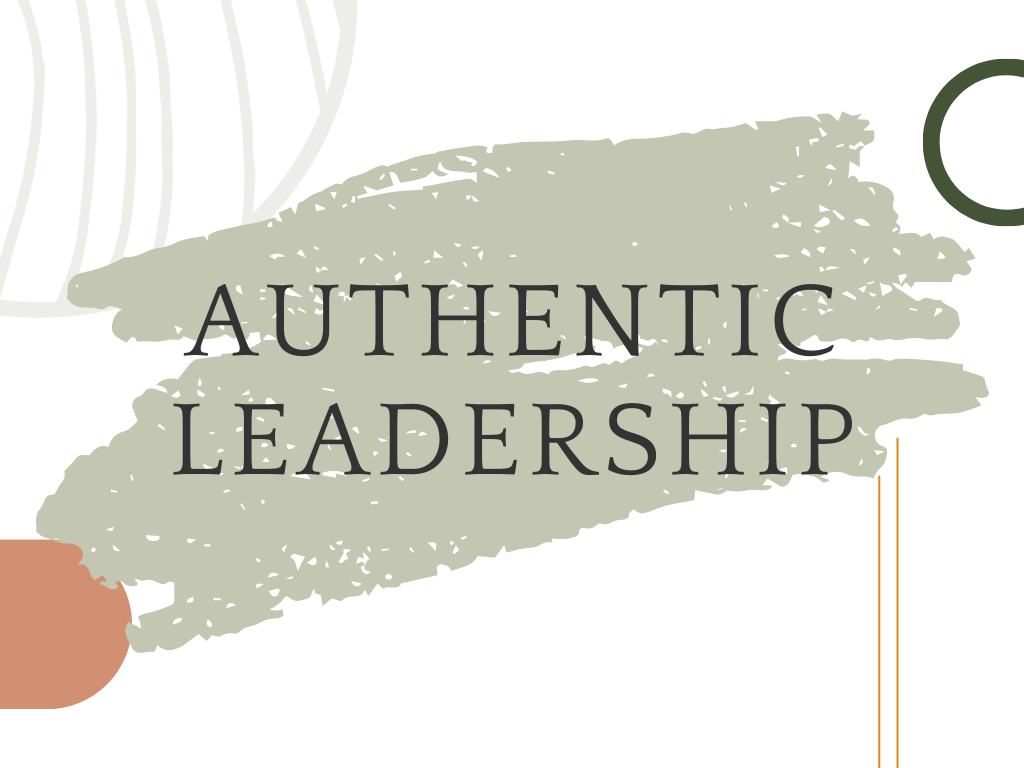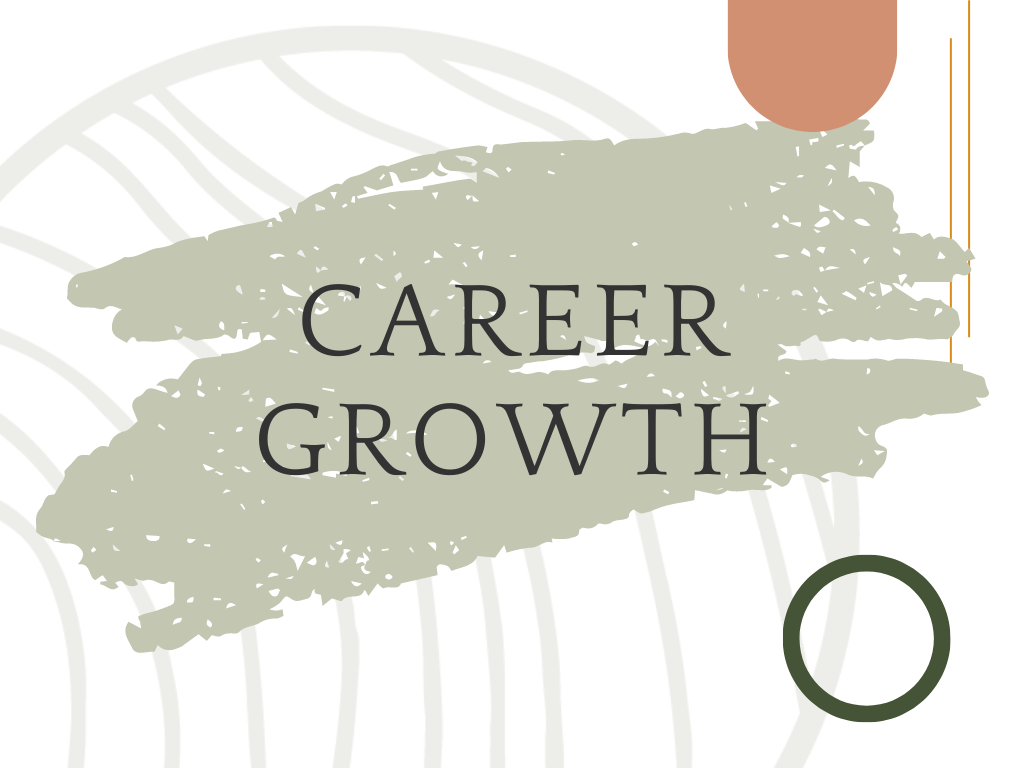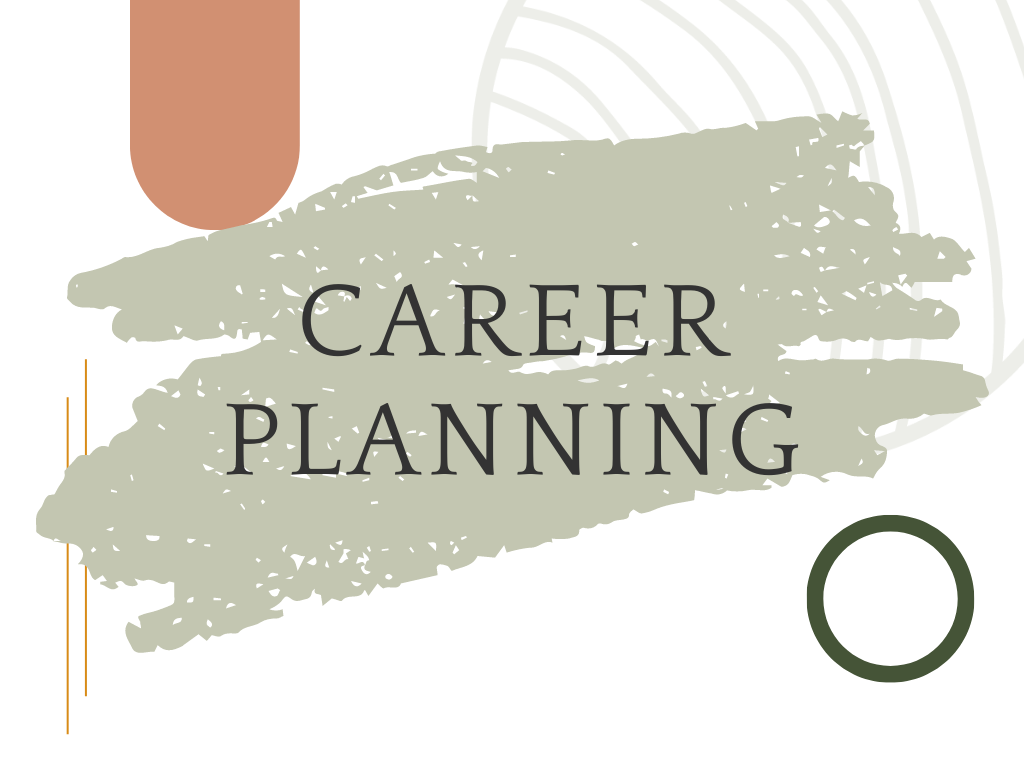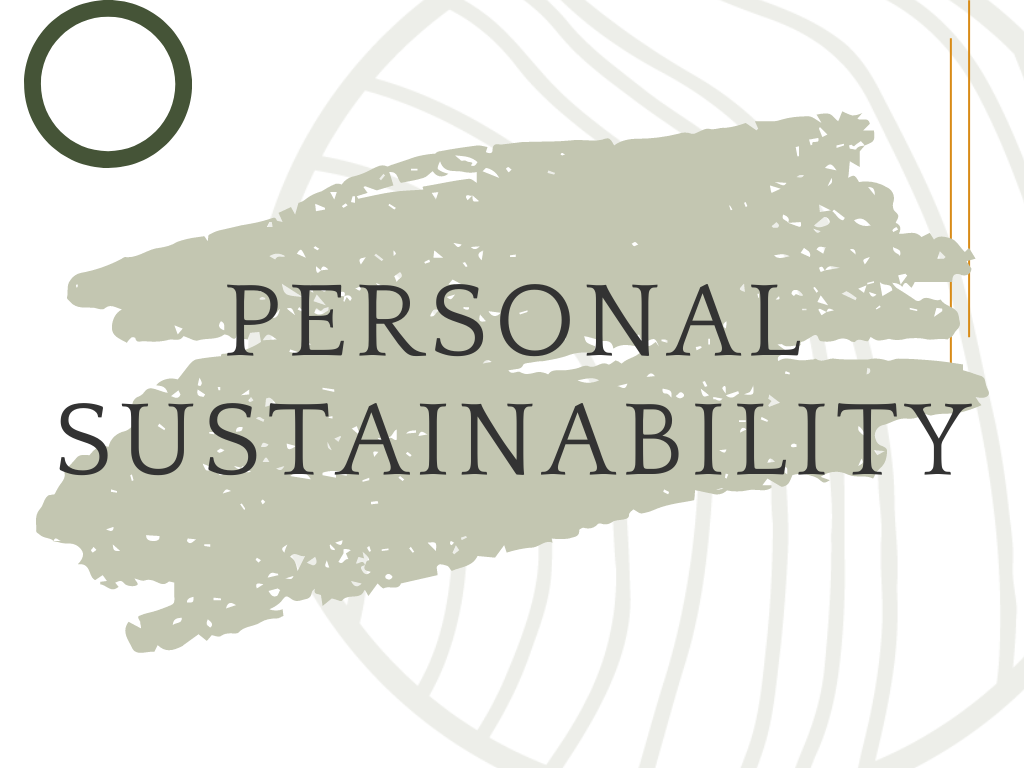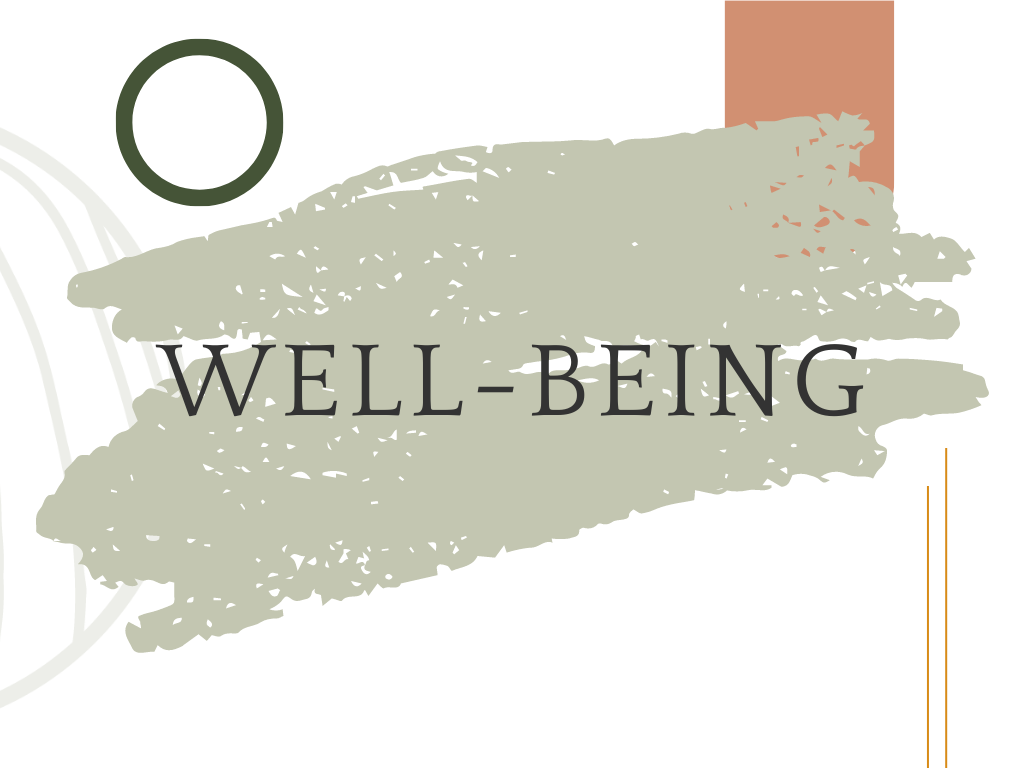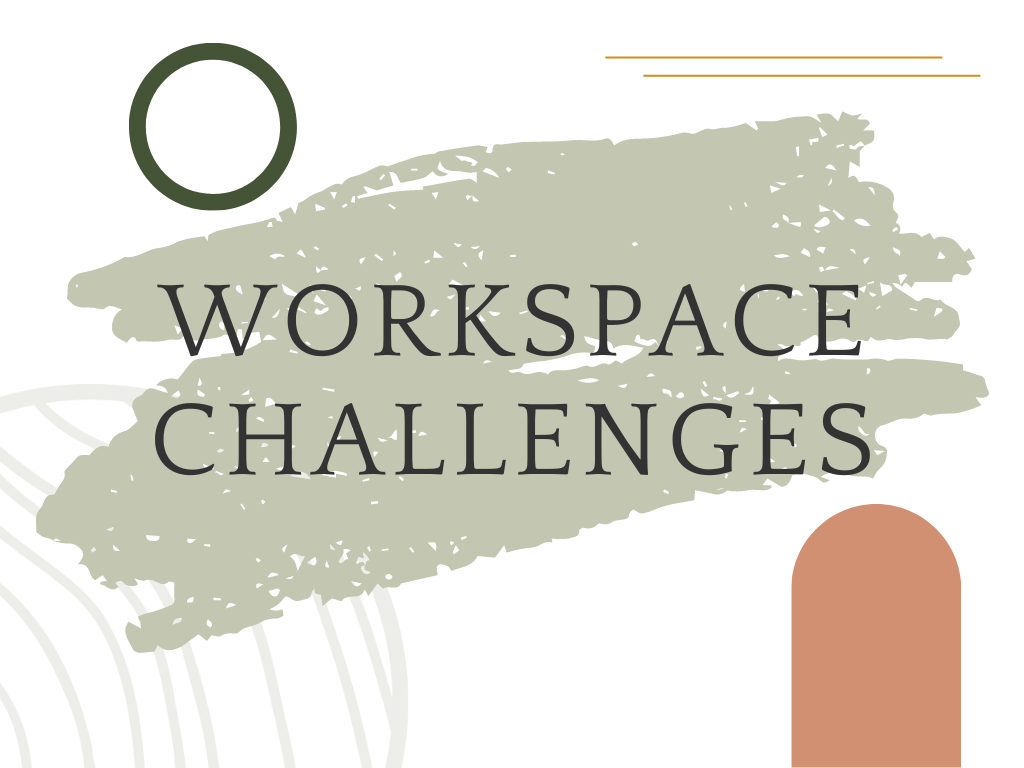
Start your journey to personal sustainability, discover well-being strategies, and achieve balance and happiness now!
Blog
What do you want to explore today?

How Tiny Values-Based Actions Help Us Feel More Grounded In Chaotic Times
We’re living in what researchers now call a polycrisis — a convergence of economic, environmental, geopolitical, and social upheaval that creates a level of uncertainty many of us haven’t felt since 2020. It’s no wonder so many people feel untethered, overwhelmed, or unsure how to move forward.
While stress-reduction practices like meditation and exercise help, research suggests they may not be enough on their own. What does make a meaningful difference is something deceptively simple: taking small, values-driven actions.
Studies show that when people identify a value that matters deeply to them and take even one small action aligned with it, their sense of well-being increases — and the effect lasts. These actions don’t fix the world. They restore agency, direction, and a sense of who we are within uncertainty.
When the world feels chaotic, values-based action can become a powerful anchor.

A More Grounded, Intentional Way to Move Through the Holidays
The end of the year can feel like a heavy landing—especially for those working in mission-driven, nonprofit, government, and public service roles. Sustained pressure, limited resources, and ongoing uncertainty don’t magically disappear with the holidays. And while this season often comes with expectations to do more, give more, and push through, it also offers something rare: a chance to pause.
How you move through the next few weeks matters. Small, intentional choices—what you protect, what you release, and how you care for yourself—can shape how you enter the new year. This isn’t about creating a perfect holiday or adding more to your to-do list. It’s about designing a season that helps you feel more grounded, rested, and clear-headed.
Even when life feels busy or unpredictable, there are simple ways to reduce stress, reconnect with what matters, and move into January with steadiness rather than depletion.

Confronting Imposter Syndrome and Building Confidence
Confidence isn’t something you wait for—it’s something you build. Most people come to me standing at the edge of something they want: a career shift, a leadership opportunity, a creative dream, a business idea. They can see what’s possible, but they’re held back by the same patterns so many of us fall into: overthinking, perfectionism, procrastination, and the quiet voice of imposter syndrome whispering “you don’t belong here.”
The truth is, growth is uncomfortable—and that discomfort is exactly where confidence is built. Confidence doesn’t arrive first to make things easier. It follows action. One small step taken outside your comfort zone, repeated consistently, becomes the evidence you can trust yourself. That’s why I teach clients to take micro-steps: the 10 percent action that moves you forward without overwhelming you. You don’t need fearlessness. You just need the next step. That’s how confidence grows.

What Fear of Failure Teaches Us About Leadership
Even the most capable leaders—those driving meaningful change and leading high-performing teams—often carry a quiet fear beneath the surface: the fear of failure. They worry about making the wrong call, disappointing their teams, or jeopardizing the mission they care deeply about. This fear rarely looks like fear. It shows up as perfectionism, over-control, risk aversion, or relentless overwork—behaviors meant to prevent failure but that often create distance, tension, and stagnation instead.
The truth is, failure isn’t a verdict—it’s feedback. Every misstep offers information that fuels learning, growth, and better decisions. When leaders redefine failure as part of progress, they stop letting fear dictate their choices and start modeling courage. In doing so, they create space for innovation, trust, and authentic leadership. Because the real failure isn’t in falling short—it’s in standing still.

Recharge Your Brain: A Leadership and Purpose Practice That Changes Everything
Most of us structure our days around endless to-do lists and back-to-back responsibilities, measuring productivity by how many boxes we tick off. But time isn’t our most valuable resource—energy is. When we run on empty, even the best plans fall flat. By the end of the day, we’re often exhausted, distracted, and detached from the work that once inspired us.
What if we designed our days around energy instead of time? Your brain, like your body, needs recovery to perform at its best. Intentional rhythms of “Go. Recharge.” can help you unlock sharper focus, deeper creativity, and sustainable productivity. Small shifts—like taking mindful breaks, connecting with uplifting people, or doing work that energizes you—help you lead and live more intentionally. Managing energy isn’t a luxury; it’s the key to showing up clear, confident, and calm.

What Is Flow at Work? Finding Purpose in Peak Performance
We’ve all had those days when we cross every task off our list yet still feel unfulfilled. The boxes are checked, but the sense of purpose is missing. That’s because productivity doesn’t always equal progress. True fulfillment comes when we step into flow, a state of deep focus and energy where we’re using our natural strengths and doing work that feels both meaningful and alive.
Flow isn’t something you force, it’s something you notice. It shows up in those moments when time disappears and your contribution feels effortless yet powerful. Whether you thrive by mentoring others, crafting strategies, or designing systems, flow is where your strengths and purpose meet. You won’t find it in your inbox, it’s found when you make space for the work that matters most. That’s where real impact, joy, and effectiveness begin.

Resilience at Work: How to Stay Grounded When Life (or the World) Gets Messy
n a world filled with uncertainty, stress, and change, resilience has never been more essential. It’s not a trait you’re born with—it’s a skill you can build through mindset, daily habits, and conscious choice. Resilience means recovering from challenges while holding on to your sense of purpose, hope, and strength.
Drawing on the powerful story of resilience researcher Lucy Hone, this piece explores what it truly means to “bounce forward” after hardship. From reframing adversity, to focusing your attention on what helps rather than harms, to practicing gratitude and self-compassion, resilience is something anyone can strengthen.
No matter what challenges you’ve faced—loss, burnout, stress, or uncertainty—resilience gives you the tools to rise again, grow stronger, and move forward with purpose.

Burnout: Myths, Misunderstandings, and a Better Way Forward
Burnout is often misunderstood as simply being stressed or tired, but it runs much deeper. True burnout happens when workplace stress goes unmanaged for too long, leading to exhaustion, cynicism, and a loss of meaning in what you do.
It is not just a personal issue. Research shows burnout is often the result of organizational factors such as heavy workload, lack of control, poor recognition, weak community, unfair treatment, and misaligned values. Time off or self-care cannot fix it. Real change begins when workplaces address the root causes and create environments where people can truly thrive.

Confidence in Action: Building Leadership Through Bold Steps
Confidence is not something you wait to feel before taking action. It is built through action itself. Every time you speak up, take a risk, or make a decision, you strengthen your ability to lead with courage and clarity. True confidence comes from experience, not theory.
Confident leadership is not about being loud or fearless. It is about showing up with steadiness, humility, and purpose even when doubt is present. Each bold step you take builds resilience and reminds you that growth happens in the stretch zone. Confidence is not the absence of fear—it is choosing to move forward anyway.

Confidence in Action: How Small Steps Build Big Impact
Confidence is not something you’re born with or something that suddenly appears when you “feel ready.” It grows through action. Every time you take a small risk—asking a question, sharing an idea, or speaking up—you train your brain to trust that you can handle discomfort.
True confidence is not about perfection or fearlessness. It is about showing up, taking consistent action, and learning through experience. Whether it is setting a boundary, leading a project, or simply standing tall and speaking clearly, each moment builds your belief in yourself. Confidence doesn’t come before action—it grows because of it.

Confidence Isn’t What You Think: Why Leaders Hold Back (and How to Move Forward)
Confidence is not about knowing everything or never feeling doubt. It is the belief that you can learn, adapt, and take the next step even when you are unsure. True confidence is steady and grounded—it grows through action, not perfection.
Many capable professionals, especially women, hold back from opportunities because they wait to feel fully ready. But readiness comes through doing. Each time you speak up, take a risk, or make a decision, you strengthen your confidence muscle. Confidence is not something you have or don’t have. It is a skill you practice, one bold action at a time.

Why Feeling Stuck in Your Career Might Be the Best Thing That’s Happened to You
Feeling stuck in your career is not a mistake—it is a signal for change. That discomfort often means you are outgrowing your current role or priorities and are being called to redefine what growth looks like.
When you take time to explore what matters most, patterns begin to emerge. You might realize it is about culture, challenge, boundaries, or the kind of work that energizes you. Clarity comes from peeling back those layers and identifying where you truly thrive. Once you know your strengths and criteria for fulfillment, stuckness turns into direction—and you begin to design your next chapter.

Craft Your Career Around Your Strengths – Not Just Your Skills
Skills make you capable, but strengths make you come alive. Many professionals build careers around what they can do, rather than what energizes them. The difference is powerful. Skills can be learned, but strengths are your natural wiring — the patterns of thought and behavior that feel effortless and fulfilling.
When you align your work with your strengths, everything changes. Engagement rises, confidence grows, and impact deepens. The key is to identify where you thrive, craft your role around those strengths, and build new skills on top of them. Fulfillment doesn’t come from doing more — it comes from doing what you do best.

How to Craft a Daily Well-Being Practice That Actually Sticks
Well-being is not a luxury—it is the foundation that helps you show up as your best self at work and at home. True balance comes from investing in small, intentional habits that support your mental and physical energy.
Start by choosing well-being practices that work for you: movement, rest, connection, learning, or laughter. Then make them stick by starting small, using cues and routines, and celebrating progress. Over time, these consistent choices shift your brain from reactive to resilient. Your well-being plan doesn’t have to look like anyone else’s. It’s yours to design—one small, meaningful habit at a time.

The New Workplace Imperative: Prioritizing Well-Being in an Uncertain World
Stress may be unavoidable, but we are not powerless. While we can’t control global uncertainty or workplace pressures, we can design lives and careers centered on well-being. True well-being goes beyond physical health—it includes emotional, social, financial, and community balance.
When you intentionally invest in your well-being, you build resilience and reclaim control. Even small shifts, like exercising, connecting with others, or setting boundaries, can strengthen multiple areas of life. The result is greater energy, engagement, and fulfillment. In a world where stress keeps rising, well-being isn’t a perk or luxury—it’s the foundation for thriving at work and beyond.

What to Do When Something Feels Missing in Your Career (Hint: Change 20 Percent of Your Job)
If something feels missing in your work, it might not mean you need a new job—it might mean you need to re-engage with the one you have. Research shows that small, intentional shifts can reignite motivation and fulfillment.
Start by identifying the projects and relationships that energize you. Then, look for ways to spend even 20% more of your time on work that plays to your strengths and interests. Engagement isn’t about doing more—it’s about doing more of what matters. When you realign your energy with meaningful work, purpose and satisfaction naturally follow. What would your 20% look like?

Rethinking Feedback: How to Build Growth Without Breaking Trust
Giving feedback is one of the hardest parts of leadership. It can feel uncomfortable, emotional, or even risky. But when done well, feedback becomes one of the most powerful tools for growth for both the giver and the receiver.
Effective feedback is clear, specific, and rooted in respect. It focuses on observable behavior, not assumptions, and invites reflection instead of delivering a lecture. The goal is not correction; it is cultivation. When leaders make feedback routine, lead with curiosity, and assume positive intent, they create safety and trust. Growth thrives where feedback is consistent, compassionate, and focused on helping people see and strengthen their best work.

The Confidence Myths Holding You Back at Work
Confidence is not something you wait to feel before taking action. It grows through action itself. Every small risk you take, whether asking a question, offering an idea, or speaking up, becomes evidence that you can handle discomfort and uncertainty.
True confidence is not about perfection or approval from others. It is about self-trust, humility, and courage in motion. When you act before you feel ready, you train your brain to see challenge as growth. Over time, those small actions build resilience and belief in your own capability. Confidence is not given; it is built one choice at a time.

You Don’t Find Purpose at Work—You Create It
Purpose does not come from your job title or organization. It comes from how you show up and what you bring to your work. Even in an ordinary role, you can find meaning by connecting with people, using your strengths, and focusing on the moments that energize you.
Purpose is activated through action. It lives in the way you solve problems, support others, and create impact in your own way. You do not need to love every part of your job to feel fulfilled. When you nurture the parts that light you up, you uncover the deeper purpose already within you.

Why Leadership Isn’t About Your Title—It’s About Influence
You do not need a title to be a leader. True leadership has little to do with hierarchy and everything to do with how you show up, connect, and create impact. Influence does not come from authority or charm. It comes from authenticity, self-awareness, and the ability to understand others.
Start by leading from your strengths. Notice what energizes you and where you naturally create value. Then, pay attention to how others work and communicate. When you meet people where they are and use your strengths with intention, you inspire trust and collaboration. Leadership is not given. It is practiced every day.

